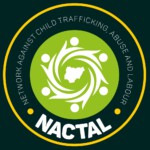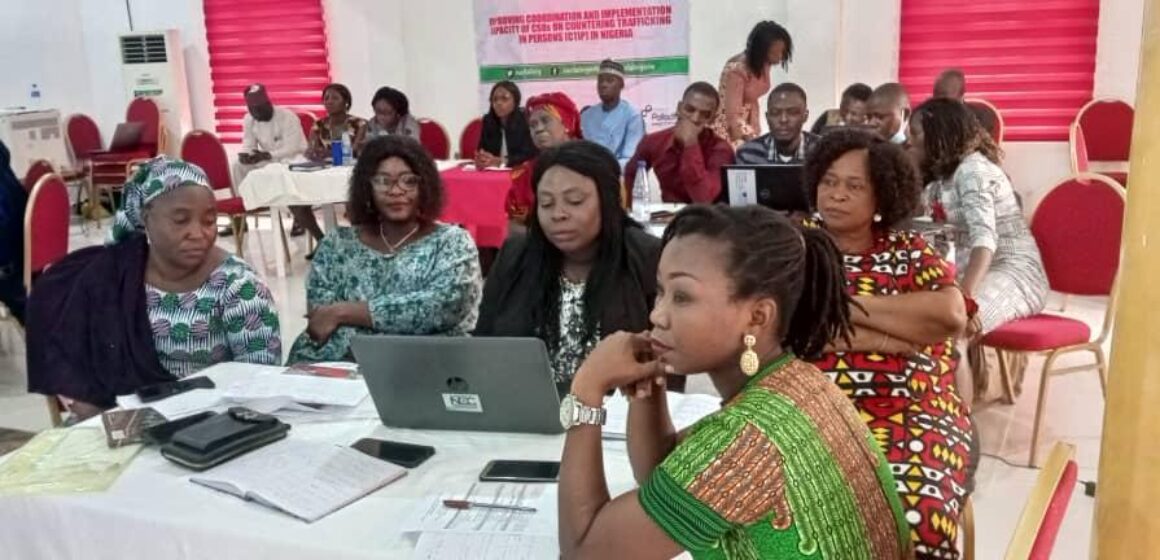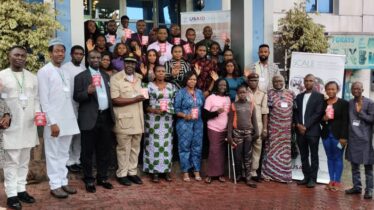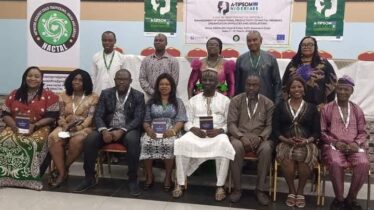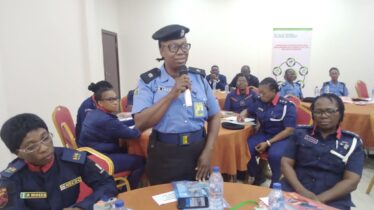NACTAL Nigeria Trains CSOs on Effective Shelter and Case Management Approaches in Abuja
In continuation of her series of trainings, the Network Against Child Trafficking, Abuse and Labour (NACTAL) with support from USAID Nigeria SCALE organized an intensive 4-Day training for representatives of Civil Society Organizations (CSOs) on ‘Effective Shelter and Case Management Approaches’ in Abuja from June 15th to 18th, 2022. The need to adequately build the capacity of shelter managers, redefine the process and reposition them for optimum service provision became paramount. The provision of safe shelters is instrumental to the protection and provision of adequate care for victims of trafficking.
Speaking at the event, the National President of Network Against Child Abuse and Labour (NACTAL), Abdulganiyu Abubakar,reiterated the network commitment to ensuring that Civil Society Organizations (CSOs) under the network benefit from the series of capacity building in the area of Trafficking in Persons (TIP), with support from USAID Nigeria SCALE. He encouraged participants to maximize the opportunity of attending such training and ensure they engaged optimally.
The training consultant, Dr. Grace Dafiel emphasized the need for shelter owners to have a well thought out plan before starting a shelter. She suggested that one can start a farm to have a sustainability to avoid running into a financial loss or inability to feed the victims. She equally advised shelter owners to engage and partner with the community they are located in.
The key outcome of the training was the increased knowledge of participants on policies, SOPs and frameworks that guide the operations, establishment and management of shelters in Nigeria. The training also strengthened the capacity of CSOs in the development and implementation of effective case management plans and victim-centered services. The training further established the need for proper case identifications, and the need to collaborate with agencies tasked with the responsibility.
In attendance were 25 participants inclusive of persons with disabilities (PWDs) drawn from the Federal Capital Territory (FCT), Benue, Cross River, Edo, Enugu, Lagos, Ondo, Sokoto and Taraba States.
